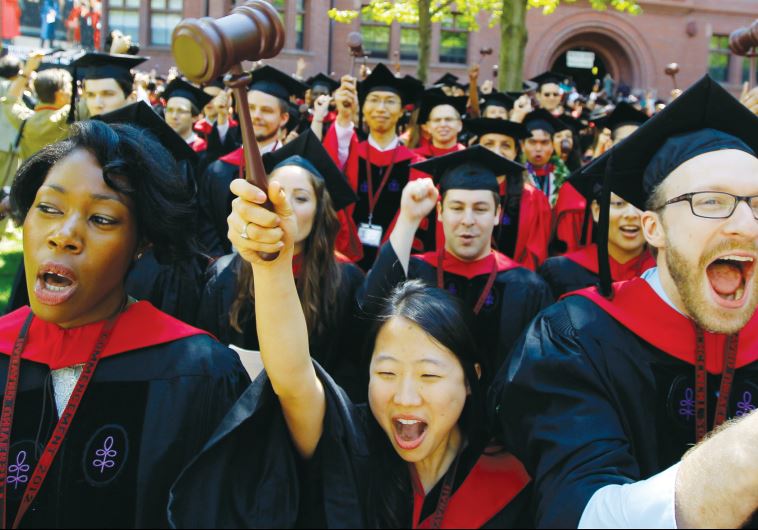Harvard brings negotiation workshop to Tel Aviv
"What I have found enormously exciting and stimulating is to develop these ideas and use them to help solve real world problems."
 COMMENCEMENT EXERCISES at Harvard University in Cambridge, Massachusetts.Updated:
COMMENCEMENT EXERCISES at Harvard University in Cambridge, Massachusetts.Updated: